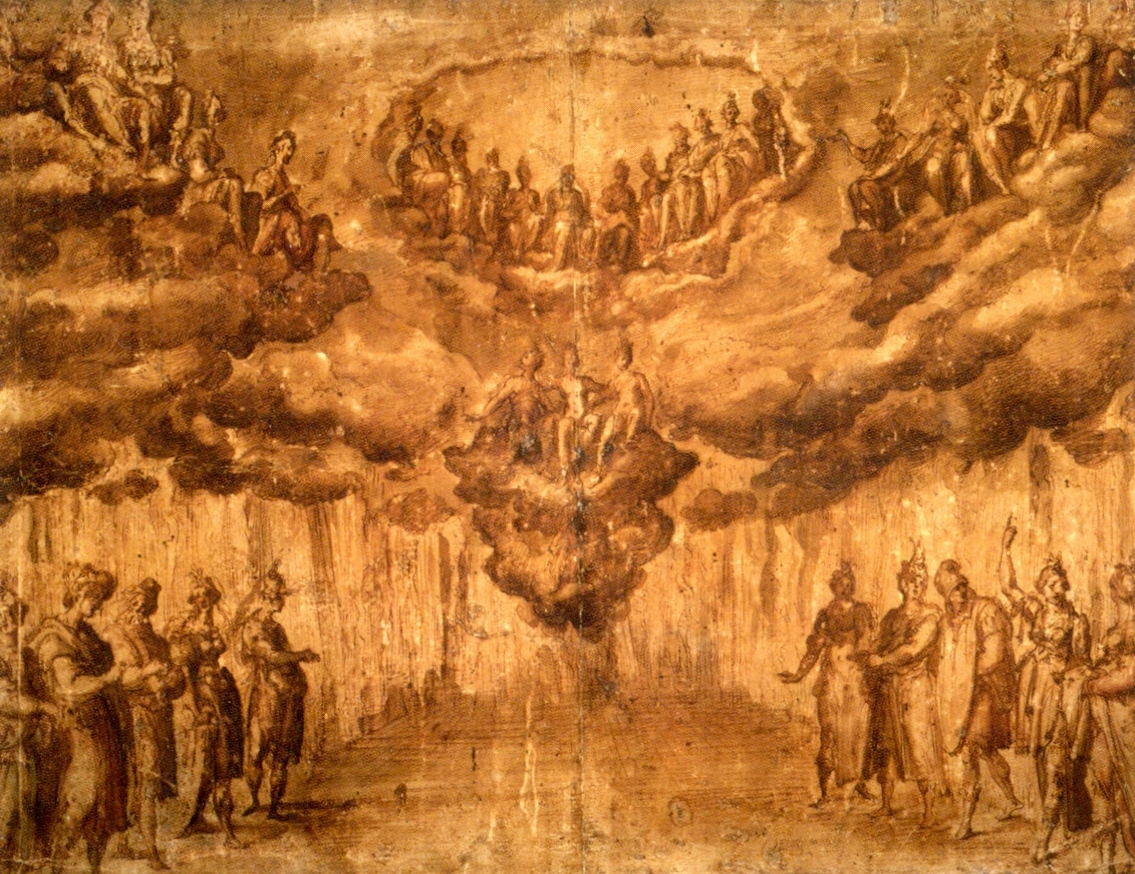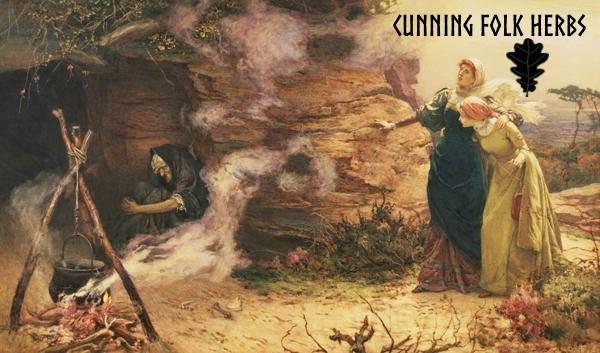In our quest to rediscover the suppressed ancestral traditions, we quest the spectrum of the Indo-European lore for precious fragments and commonalities that span the vast distances that these nomadic warriors covered. Our smith produces a traditional folk art pendant of the thunder God Perun in the Slavic pantheon, forged in minimal tech traditional casting, with talismanic runic inscriptions. We put this on some buckskin cord for you, and we always through in a gift morale patch. if you are interested in Slavic and Russian folklore, try our Russian mumio in our store, its an energetic traditional supplement for radiant vitality.
Perun, Slavic God of Thunder – In Slavic Pagan mythology, Perun (written in Cyrillic: Перун) is the highest god of the pantheon and the god of thunder and lightning just like Germanic Thor or Greek Zeus. Rod-Gromoviti-Znaci Perun symbol: “Thunder marks” His other attributes were mountains, fire, iris, eagle, the oak, firmament, horses and carts, weapons (the hammer, Axe of Perun, and golden arrows), and of course war. He was first associated with weapons made of stone and later with those of metal, such as most popular Axe of Perun. Throught history some Slavic nations worshiped him as the main god of the Slavic pantheon while others worshiped Svarog, but the truth lies in correct timeline, as Svarog was the first main god, but as the mythological story develops, his Son Perun takes his place as the main god, and after Perun Yarilo takes his place.
Perun is very similar and related with the near-identical Perkūnas/Pērkons from Baltic mythology, suggesting either a common derivative of the Proto-Indo European thunder god whose original name has been reconstructed as Perkwunos, or it’s possible one of these cultures borrowed the deity from the other, considering the size and wide-spread population of Slavic people where they worshiped Perun and not being in proximity to the Baltic cultures we can conclude the Baltic people did borrow the deity from their neigbouring Slavs. The root *perkwu originally probably meant oak (which is seen as Peruns tree), but in Proto-Slavic this evolved into per- meaning “to strike, to slay”. Lithuanian word “Perkūnas” has two meanings: the thunder and the god of thunder and lightning.






 Adding...
Adding...